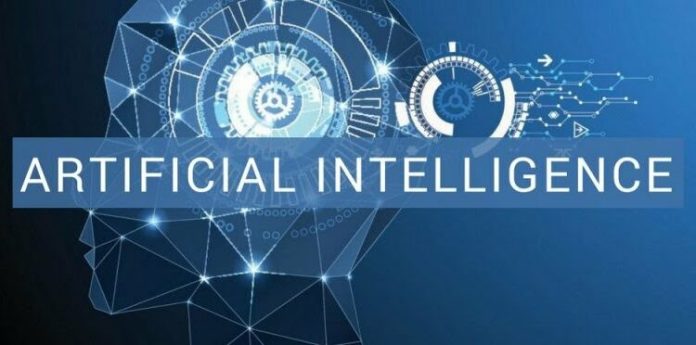The Grand Challenges Network (GCN) has awarded $5 million to 50 recipients to advance health solutions through artificial intelligence (AI).
This initiative, reported by The PUNCH, is designed to promote the equitable and responsible use of AI technologies, such as machine learning and quantum computing, which are significantly impacting various sectors.
Building on the success of a previous global cohort supported by the Gates Foundation’s Grand Challenges program, this new round of funding is a collaborative effort spanning multiple continents.
It involves Grand Challenges Africa, supported by the Science for Africa Foundation; Grand Challenges Brazil, backed by Brazil’s Ministry of Health; and Grand Challenges Canada, funded by the Government of Canada.
Additionally, Grand Challenges Ethiopia, supported by Ethiopia’s Ministry of Health and the Armauer Hansen Research Institute; Grand Challenges India, backed by the Indian government and the Biotechnology Industry Research Assistance Council; and Grand Challenges Senegal, funded by Institut Pasteur de Dakar, are also participating.
Other partners include Grand Challenges South Africa, supported by the South African Medical Research Council and the Department of Science and Innovation, along with global partners such as the Patrick J. McGovern Foundation and the Pasteur Network.
The GCN’s funding will support AI-driven projects across various areas, including clinical decision support, health systems strengthening, health communications, patient journeys, frontline worker support, public health and policy-making, clinical trials, diagnostics, and population health.
The aim is to enhance healthcare accessibility, empower individuals in managing their health, foster innovation, and address specific healthcare challenges in low- and middle-income countries.
Professor Ntobeko Ntusi, President and CEO of the South African Medical Research Council, highlighted the importance of backing local innovators who understand their communities’ needs to fully harness the potential of AI.
“This initiative will enable them to use new approaches like Large Language Models (LLMs) to drive significant improvements in health outcomes,” Ntusi stated.
Secretary of Science, Technology, Innovation, and Health Complex of Brazil’s Ministry of Health, Carlos Gadelha, highlighted the value of global cooperation and local innovation. He noted that “AI can help develop life-saving solutions that will benefit health systems in Brazil and beyond.”
President of the Gates Foundation’s Global Health Division, Trevor Mundel, supported the initiative and underscored the importance of leveraging the expertise of local innovators.
He stressed that harnessing their insights is crucial for AI to become a powerful tool for good.
